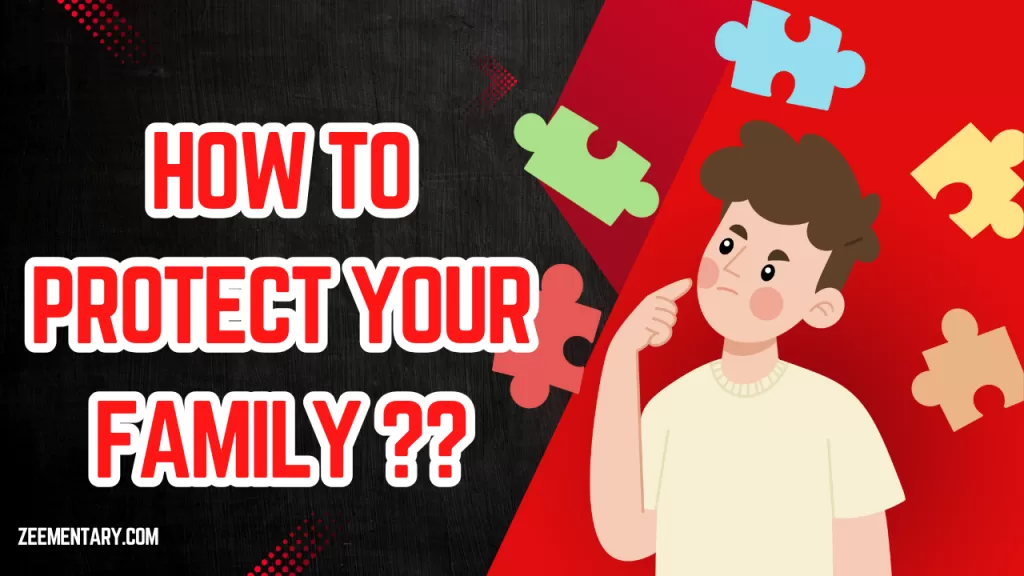Credit card debt is a common concern for many in US. But What Happens If You Die with Credit Card Debt? Does it disappear, your loved ones will be responsible for paying it off? You need to understand the process in advance so you can plan accordingly and save your family from financial stress.
Here, we’ll see what happens to unpaid credit card debt after death, including options such as estate laws, liability, and possible consequences for heirs.
Understanding Credit Card Debt After Death
A person’s debt doesn’t die with their death. Credit Card companies cannot automatically transfer a deceased person’s debt to their family members but there is a standard process they follow which is dictated by probate laws and estate settlements.
1. Does Credit Card Debt Die with You?
No, credit card debt does not disappear when you die and it becomes part of your estate—the total value of everything you own, including cash, property, investments, and other assets. Your estate is responsible for settling your debts before any assets are distributed to your heirs.
If there aren’t enough assets in the estate to cover the debt, creditors may have to write it off, depending on state laws and the type of debt.
2. Who Pays Off the Credit Card Debt?
A. The Estate Pays First
- The executor or administrator of the estate uses available assets to pay off outstanding debts, including credit card balances.
- If the estate has enough funds, creditors are paid in order of priority. Refer to the chart below to understand the priority.
- If there are not enough funds with estate, debts may go unpaid, depending on legal guidelines.
B. Are Family Members Responsible?
In general, family members are not personally responsible for the deceased’s credit card debt. However, there can be some exceptions depending on the situation as below:
- Joint Account Holders: Some Credit Cards companies do offer Joint Credit Card account and if that is the case then the other Co-Signer may be responsible for the debt on the credit card.
- Community Property States: In certain states (e.g., California, Texas, Arizona), spouses might be liable for debts acquired during marriage.
- Authorized Users: Most of the banks offer additional cards for the family members and if that is the case then the additional card member is not responsible for the debt.
Probate Process and Debt Settlement
When someone dies, their estate goes through a legal process called probate to distribute assets and settle debts. Here’s how it works:
- Inventory of Assets – The executor lists all assets, including cash, real estate, and investments.
- Debt Payments – Creditors are notified and given time to file claims against the estate.
- Asset Liquidation (If Needed) – If there aren’t enough liquid assets, properties or investments may be sold to cover debts.
- Distribution to Heirs – Once debts are paid, remaining assets are distributed to beneficiaries.
Priority of Debt Payment in Probate
| Debt Type | Priority Level |
|---|---|
| Funeral Expenses | High |
| Secured Loans (Mortgage, Car Loans) | High |
| Taxes (Federal & State) | High |
| Credit Card Debt | Low |
| Medical Bills | Low |
Credit Cards debt comes at lower level in Probate Priority Level as it is an unsecured loan and on the other side secured loans and essential expenses like funeral costs and taxes has higher priority level.
What If There Are No Assets?
If the deceased person had no assets in their estate, their debts typically go unpaid. Creditors may write off the debt as a loss.
Exceptions to Debt Discharge:
- Co-Signed Accounts: If it was a joint account then the co-signer will be responsible for the debt however there are only few credit card companies offers Joint Credit Cards.
- Spouse’s Responsibility: In community property states, surviving spouses may still have to pay off debts incurred during the marriage.
How to Protect Your Family from Credit Card Debt After Death

1. Life Insurance
If your estate has debts but you had a good life insurance policy then it will ensures your family receive financial support after your death.
2. Estate Planning
You can bypass probate if you create your will well in advance and setting up trust to direct your assists will be distrusted after your death.
3. Paying Off Debt Early
Making sure your debt is paid while you are alive is always a good option, why to leave something on someone when you can get this done on your own.
4. Joint Account Caution
Most of the credit card companies offers Additional Cards so it is always advisable to opt for the additional card instead of Joint Account or Co-Signer account as additional card holders are not personally responsible for the payment.
5. Legal Assistance
Consulting an estate planning attorney can help structure your finances in a way that minimizes debt burden for your heirs.
Final Thoughts
Credit card debt doesn’t just disappear after death, but it also doesn’t automatically become your family’s responsibility. Instead, the estate pays off debts, and only certain people—like co-signers or spouses in community property states—might be held responsible.
You can plan in advance by taking life insurance, doing estate planning, and creating a responsible debt management plan for yourself. This way you can protect your family from unexpected financial burdens.
Frequently Asked Questions (FAQs)
1. Can credit card companies go after my family after I die?
No, unless they were co-signers or live in a community property state.
2. Will my estate always cover my credit card debt?
Only if there are enough assets in your estate.
3. What happens if I had joint credit card debt?
Your co-signer will be responsible for the remaining balance.
4. Does credit card debt affect inheritance?
Yes, debts must be paid before heirs receive any inheritance.
5. Should I worry about my spouse inheriting my debt?
It depends on whether you live in a community property state and if the debt was jointly held.
Conclusion– What Happens If You Die with Credit Card Debt?
Being proactive about credit card debt management and estate planning can safeguard your family’s financial future. Understanding the probate process, debt responsibility rules, and legal options will help ensure that your loved ones are not burdened with unexpected financial obligations after your passing.
Zeementary.com Wishes you best of luck in your Financial Journey!




